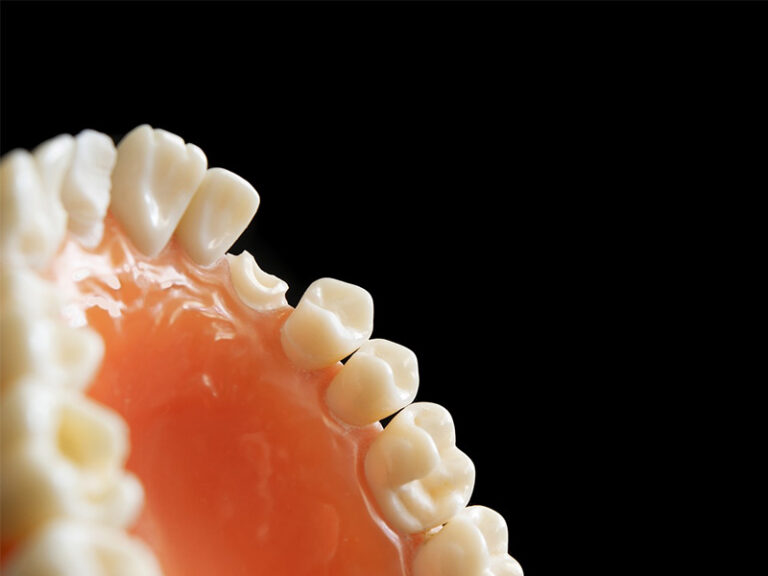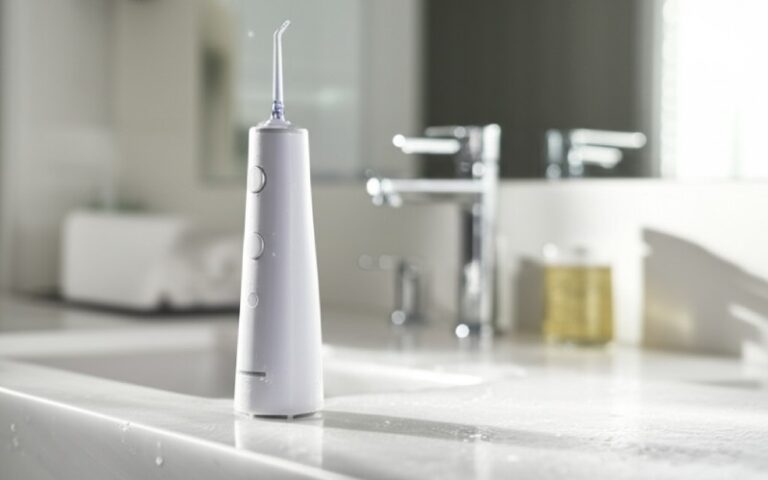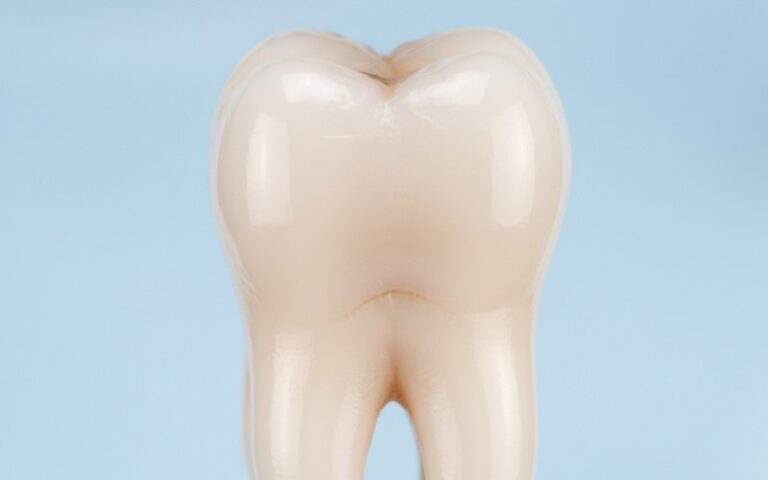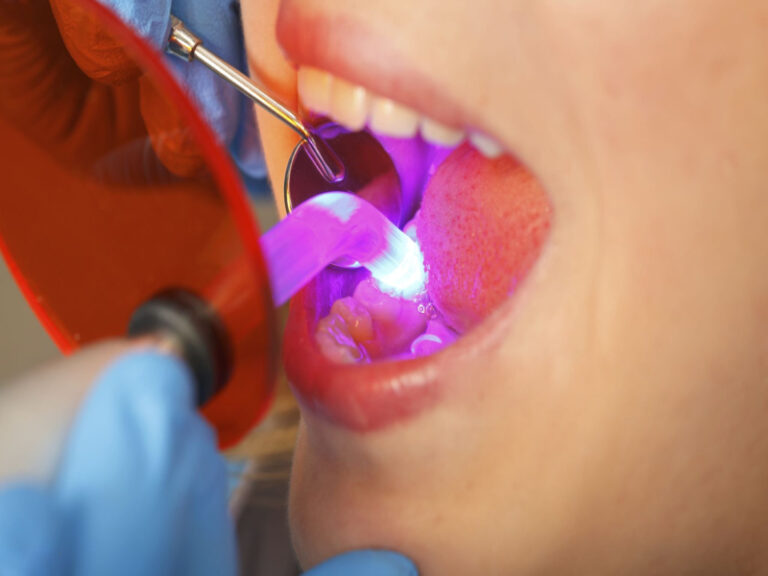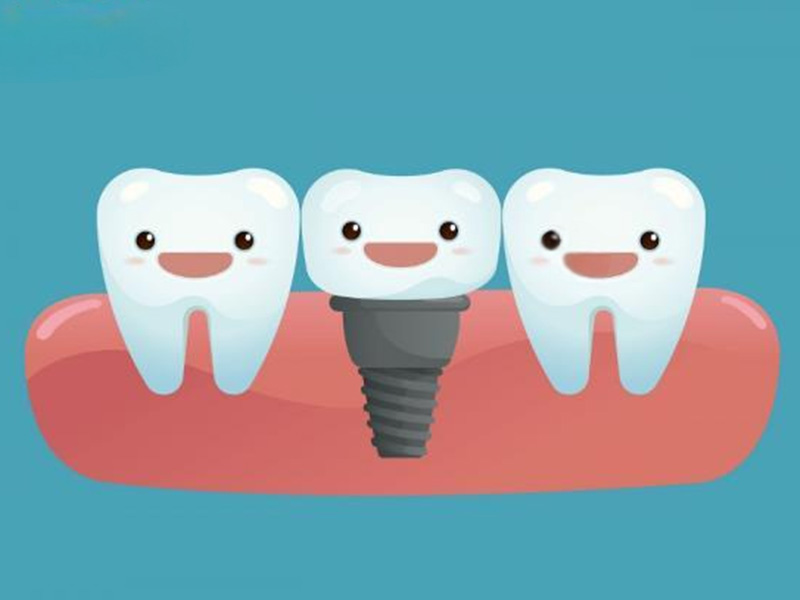
Can Your Dental Implant Lower Your Tax Bill?
Are you thinking about a Zahnimplantat to fill in for a missing tooth? This is a very good move for your oral health. But the price can be a lot of money. We have good news for you. You might be able to get a tax break for your dental implant. This article will show you how it works. We will keep it easy. You will find out if your dental implant cost can get you a good tax deduction. Reading this can help you get big savings.
Inhaltsübersicht
What Is a Dental Implant and Why Might You Need One?
A dental implant is the top choice to fill in for missing teeth. It is a little, tough post made of a special metal. A dentist or a special surgeon puts it into your jawbone. This post works like a brand new tooth root. After your jaw heals, a new tooth cap, called a crown, is put on top. It looks and feels just like one of your own teeth. A dental implant is a fix for tooth loss that lasts a long time.
People need a dental implant for lots of reasons. You might have tooth loss due to injury. Or maybe a tooth was pulled because it was bad. For people with missing teeth, a dental implant helps them chew their food and talk in a clear way. It also helps your other teeth stay where they should be. Good oral health is very important. A dental implant is a big part of today’s dentistry to restore your smile and your health. This type of fix is a big part of keeping your mouth healthy.
So, Are Dental Implants a Tax Deduction?
Yes, the quick answer is that dental implants are tax deductible. This is wonderful news for any taxpayer who is looking at the cost of this work. The government’s tax office, called the IRS, lets you deduct the price of a dental implant. It is not viewed as something done just for looks. Instead, it is seen as something you need for your health. Getting a dental implant is a way to solve a real health issue that comes from having missing teeth.
To get this tax help, you have to add the cost of your dental implant to your other medical expenses. You list these costs on your tax return. You will use a special part of Form 1040 called Schedule A if you choose to itemize your deductions. Not every person can take this deduction. But many people who get a dental implant see that it helps them be able to. This can lead to real savings on the tax you pay each year.
Why Does the Tax Office See a Dental Implant as a Medical Cost?
The IRS has easy-to-understand rules about what can be called a medical expense. The rules in IRS Topic 502 say that medical costs include paying for treatments for sickness. They also include treatments that help any part of your body work right. A dental implant is a perfect match for this rule. It is a treatment for tooth loss. Having tooth loss makes it hard to chew and talk. It also makes it hard to keep good oral health. A dental implant is work that is needed for your health to get that ability back.
This is not the same as work that is only for looks. For example, things done just for looks are typically not something you can deduct. An example is teeth whitening. That is often done just to make your smile look better. But a dental implant does much more. It stops you from losing bone in your jaw. It stops other teeth from moving around. Because a dental implant is very important for your oral health, dental implants are classified as a real medical expense. This makes your dental implant eligible for tax help.
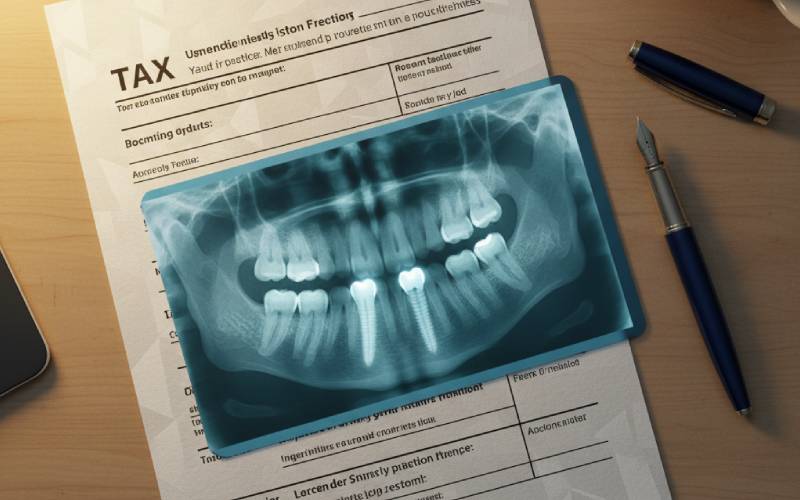
How Can You Get the Dental Implant Tax Deduction?
To be able to get a tax deduction for your dental implant, you have to follow two big rules from the IRS. First, you must itemize your deductions on your tax return. This means you must list your costs one by one. When you do your taxes, you get two choices. You can take the standard deduction. This is a single, fixed amount of money. Or, you can itemize. This means you write down a list of all your separate costs. These costs can be things like home loan interest, state taxes, and medical expenses. If all your listed costs add up to more than the standard deduction, it’s a good idea to itemize.
The second rule is about a spending starting point, or threshold. You cannot deduct all your medical costs. You can only deduct the part of your total medical and dental expenses that goes over a certain amount of your income. This is called the AGI threshold. The price of a dental implant is often high. This helps many people get past this starting point. This is the secret to getting the dental implant tax deduction.
What Is the 7.5% Rule for Medical Costs?
The rule we just talked about is the 7.5% AGI rule. AGI is short for Adjusted Gross Income. You can see your AGI number on your tax return. The rule says you can deduct your approved medical expenses. But only the amount that is more than 7.5% of your AGI. You should really remember this number: 7.5. Let’s use an example to make it clear.
Let’s say your Adjusted Gross Income (AGI) for the year is $60,000. First, you need to calculate 7.5% of that number.
- $60,000 (AGI) x 0.075 (7.5%) = $4,500
This $4,500 is your starting point, or threshold. You can only deduct the medical and dental implant expenses that are more than this amount. If your total dental implant costs and other medical bills for the year were $7,000, you could deduct $2,500.
- $7,000 (Total Costs) – $4,500 (Your Starting Point) = $2,500 (Your Deduction)
This is how the expenses exceeding 7.5 percent of your gross income can be deducted. The high price of a dental implant makes it easier to get over this starting point.
Can I Deduct All of My Dental Implant Costs?
Yes, you can add in most costs that have to do with your dental implant work. This is not just the price of the dental implant. All your allowed implant expenses can add up fast. It is a good idea to keep track of every expense. This will help you get the biggest possible tax deduction.
Here is a list of dental implant expenses you can usually add in:
| Cost Type | Beispiele |
|---|---|
| Payments to Doctors | Money paid to your dentist, surgeon, or sleep doctor. |
| Testing Costs | X-rays, scans, and lab tests before the work is done. |
| Work Costs | The price of the dental implant, post, and tooth cap. |
| Medizin | Pain pills or other drugs given to you after the work. |
| Travel for Care | Gas money for driving to and from your dentist visits. |
These costs, when you put them all together, become your total medical expense for the dental implant. Do not forget to take away any money your insurance company paid. You can only deduct the out-of-pocket expenses that exceed your 7.5% AGI starting point. The aim is to get the largest deduction you can for your dental implant.
How Does Insurance Change the Tax Deduction?
If you have dental insurance, it can change how much you can deduct. The rule is very easy. You can only deduct the part of the cost that you paid for with your own money. If your dental insurance covers a portion of your dental implant costs, you must take that amount away from your total. The money the insurance company pays is not a cost for you.
For example, let’s say the full bill for your dental implant is $4,000. Your insurance plan pays your dentist $1,500. This means the cost you paid from your pocket is $2,500.
- $4,000 (Full Price) – $1,500 (Insurance Payment) = $2,500 (Your Out-of-Pocket Cost)
You would use the $2,500 number when you calculate all your medical costs for your tax return. You cannot deduct expenses covered by insurance. This is a very important thing to know about how insurance affect the tax deduction.
What Papers Do I Need to Keep for My Dental Implant Deduction?
Keeping good papers is a very big deal if you want to ask for a tax deduction for your dental implant. The IRS might ask you to show proof of your costs. If you cannot show them, you might not get the deduction. You should keep all the receipts and statements about your dental implant work.
Here is a list of papers you should keep in a safe spot:
- Bills: Get a full bill from your dentist or surgeon’s office.
- Receipts: Keep receipts for any money you paid.
- Insurance Papers: Keep the paper from your insurance company that explains what they paid.
- Medicine Records: Keep receipts from the drug store for any related medicine.
- Driving Log: Keep a simple list of your trips to the dentist for the dental implant work. Write down the date and how many miles you drove.
Keep these papers for at least three years after you send in your tax return. This will help you feel safe when you submit your tax return before April 15th.
Are Mini Dental Implants Also an Allowed Expense?
Yes, mini dental implants are also an allowed medical expense. Mini dental implants, which are also called mini implants, are just smaller than normal dental implants. They are used in dentistry for different cases. For instance, mini dental implants can be used to hold your loose dentures in place. This makes them feel much better and more firm. This is a thing many people do if they have lost a lot of bone in their jaw.
When it comes to tax rules, the IRS does not see a big difference between a normal dental implant and mini dental implants. Both are used to restore how your mouth works and make your oral health better. They are not for looks. So, the cost of mini dental implants can be added in with your other medical expenses when you calculate your possible tax deduction. All the same rules, like the 7.5% AGI threshold, are for mini dental implants, too.
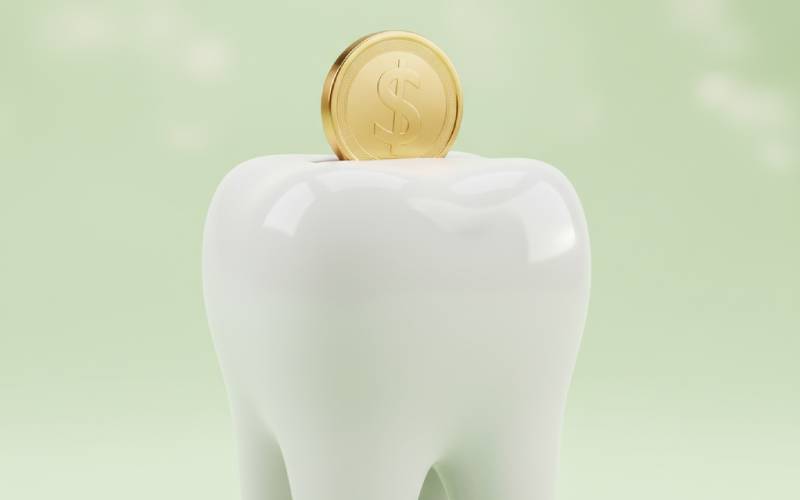
Should I Talk to a Tax Helper About My Implant Costs?
This article gives you a good general idea. But tax rules can be hard to understand, and they can also change. Because of this, it is usually a good idea to talk to a tax professional. An accountant or a tax helper can look at your own money situation. They can help you decide if listing your costs one by one is the best choice for you. They can also check that you are asking for every deduction you have a right to get.
A tax professional will be informed about the latest tax laws. They can make sure your dental implant work is allowed. They can also help you calculate the right amount for your deduction. Considering dental implants and wondering about the possible tax help is normal. Getting help from an expert makes sure you do it all the right way. It also helps you get the most savings you can on your tax bill. They can help you find your way through IRS Topic 502 and make you feel sure when you file your taxes.
Wichtige Dinge zu beachten
- Yes, You Can Deduct It: A dental implant is a medical cost you can usually deduct from your taxes. This is because it is needed for your oral health.
- Follow the 7.5% Rule: You can only deduct the total amount of medical costs that is more than 7.5% of your Adjusted Gross Income (AGI).
- You Must List Your Costs: To get the deduction, you cannot take the standard deduction. You must list all your costs (itemize) on Schedule A of your tax return.
- Add Up All the Costs: Do not forget to add all the related prices together. This includes X-rays, dentist fees, and medicine, to your total dental implant expense.
- Take Away Insurance Payments: You cannot deduct any part of the cost your insurance company paid. You can only deduct the money you paid from your own pocket.
- Keep Good Papers: Save all your bills, receipts, and insurance papers. You need them as proof for the IRS.
- Ask for Help: If you are not sure, talk to a tax professional. They can make sure you get the biggest tax help that is allowed by the law.

